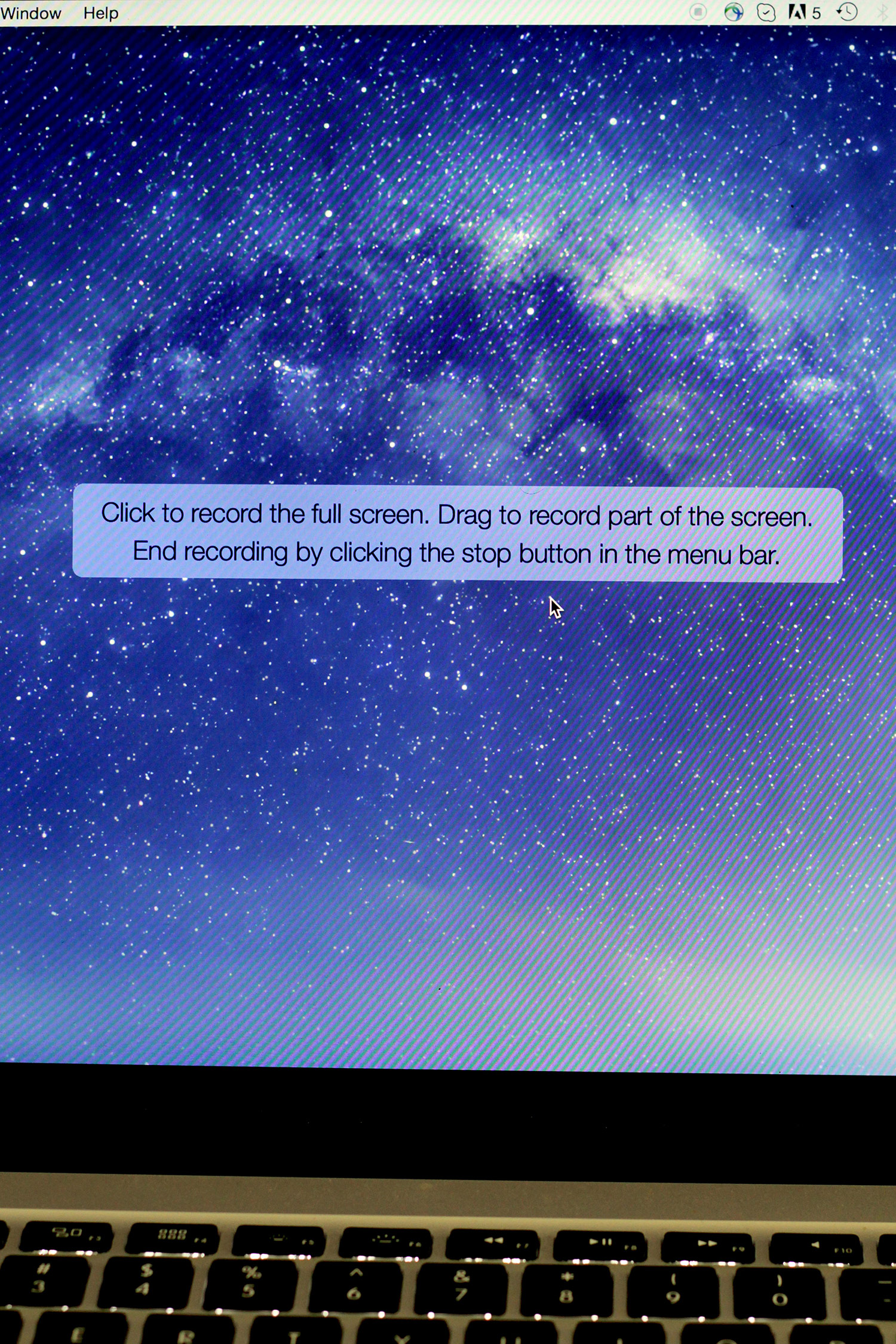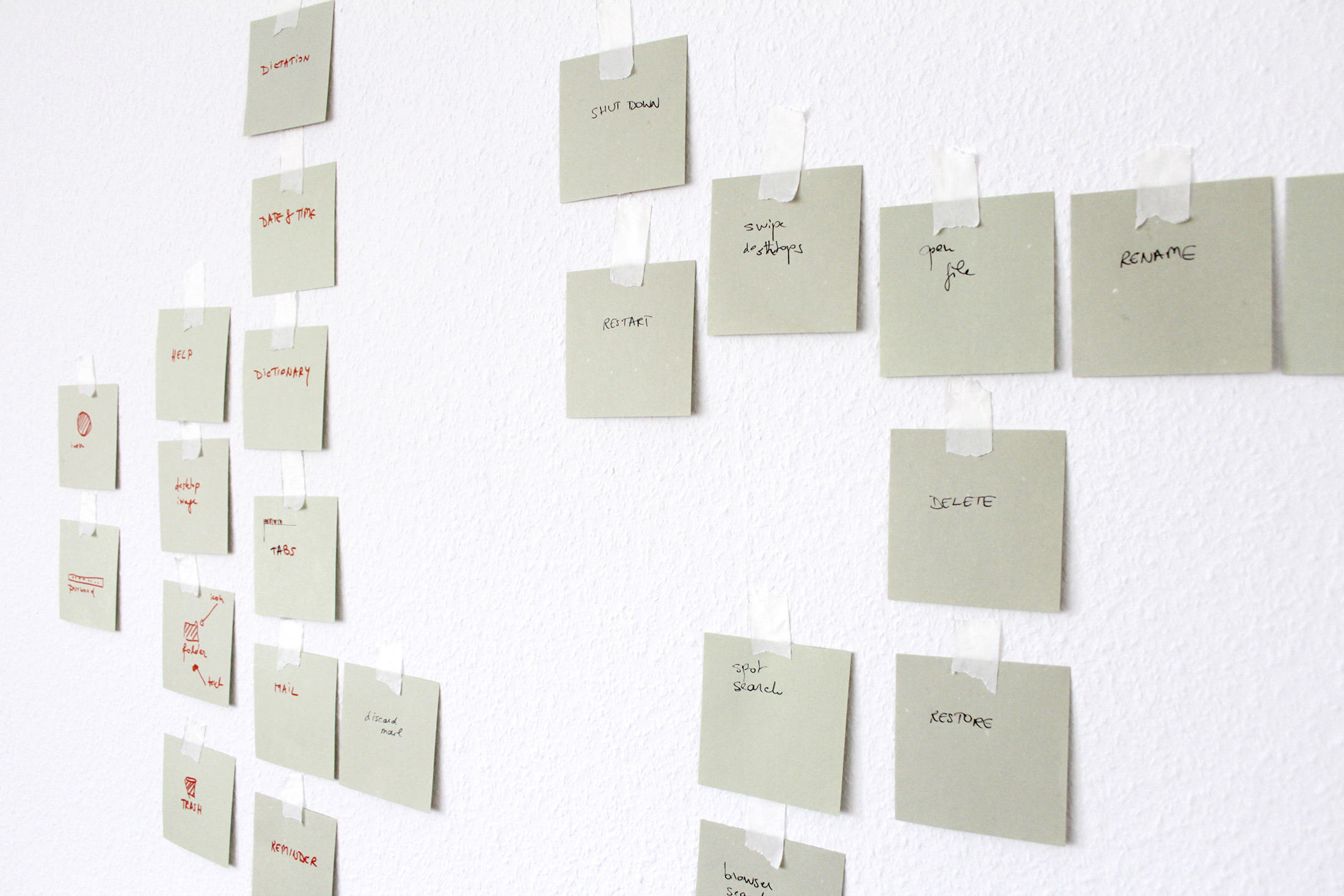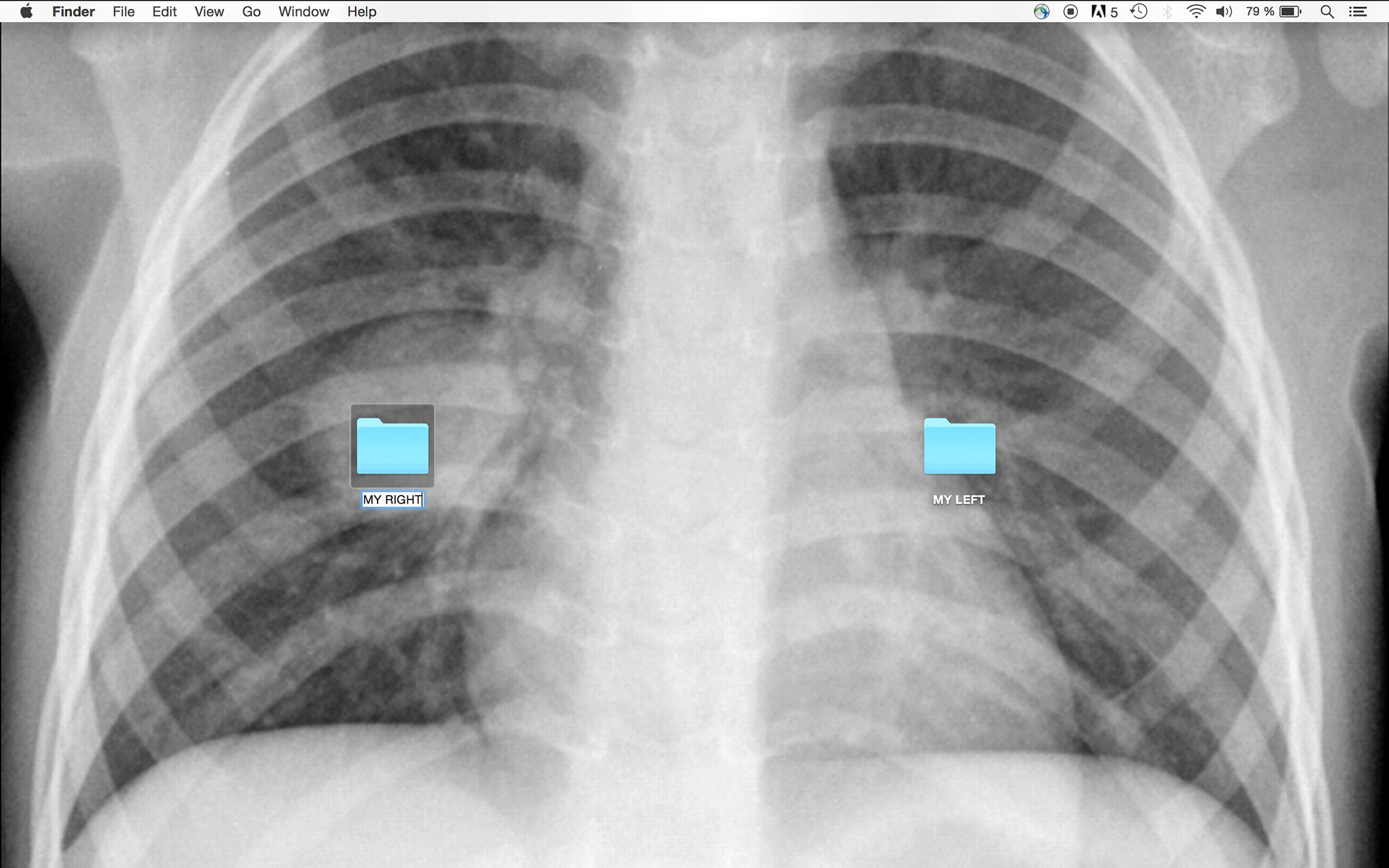Visuelle Kommunikation
Master
Ioana Maria Mitrea
Exploration of the Computer Interface as Poetic Language
Metaphors are carriers of meaning. Not a simple, static meaning as that of plain words, but a very alive and new meaning, which is conveyed by using the ordinary outside of its usual context. They play a crucial role in allowing creative thinking to happen, and this is the main reason why I chose to take a closer look at the way metaphoric language works. Far from being nothing more than pure estheticism, I believe metaphoric language is a true marker of the emergence of pure creativity. If, at the beginning of language, we could understand any word as a metaphor of its own, in the sense that no common meaning had been established ever before (the word ‘dog’ would initially have pointed to a certain dog and only later came to be used as a common denominator for other creatures of the same race), we can already understand the way that metaphors themselves are alive. They are born and they die, while language itself develops.
“The poet, in the novelty of his images, is always the origin of language.” If literature with its verbal metaphoric language is one of the first keys in language development, the same should hold true in relation to the visual metaphoric language. What literary poems have in common with visual ones is what Gaston Bachelard calls “poetic image” and is seen as emerging “before the thought”. He states that, “by its novelty, a poetic image sets in motion the entire linguistic mechanism. The poetic image places us at the origin of the speaking being.”
The computer interface is an interesting case study. While being a mixture between verbal and visual language, the computer interface has its origins on a metaphoric level: the folders trace back to the paper ones on a desk, the desktop coresponds to the analog working space, windows act as portals, and so on. By pushing the day-to-day language that we use in front of the computer, I am interested in exploring the poetics of the interface language. Breaking the uniformity of the actions associated with the desktop meaning pushes the viewer to find a meta-language. Changing the desktop background or renaming a folder regain their metaphoric level, but points at a completely other meaning than the original one. Discarding a draft or restarting the program, searching for notions or creating a file, are the tools of trade where poetics emerge, establishing a new meaning out of the very same language.
Seeking inspiration in poems, yet without aiming at translating the verbal into the visual, or better said, into the interface – the viewer is confronted with digital poems in the form of desktop screen recordings. As the cursor is moving across the screen, the author seems to be omnipresent, or better yet, the viewer may just as well identify himself as the author. While being placed in this oh-so-common position behind the screen, the viewer is pushed into experiencing poetry in an unexpected corner of his daily life.
Ioana Maria Mitrea
ioana.mitrea@gmail.com
Institut Visuelle Kommunikation, FHNW HGK, Freilager-Platz 1, CH-4023 Basel
+41 61 228 41 11, info.vis_com.hgk@fhnw.ch, www.fhnw.ch/hgk/ivk






